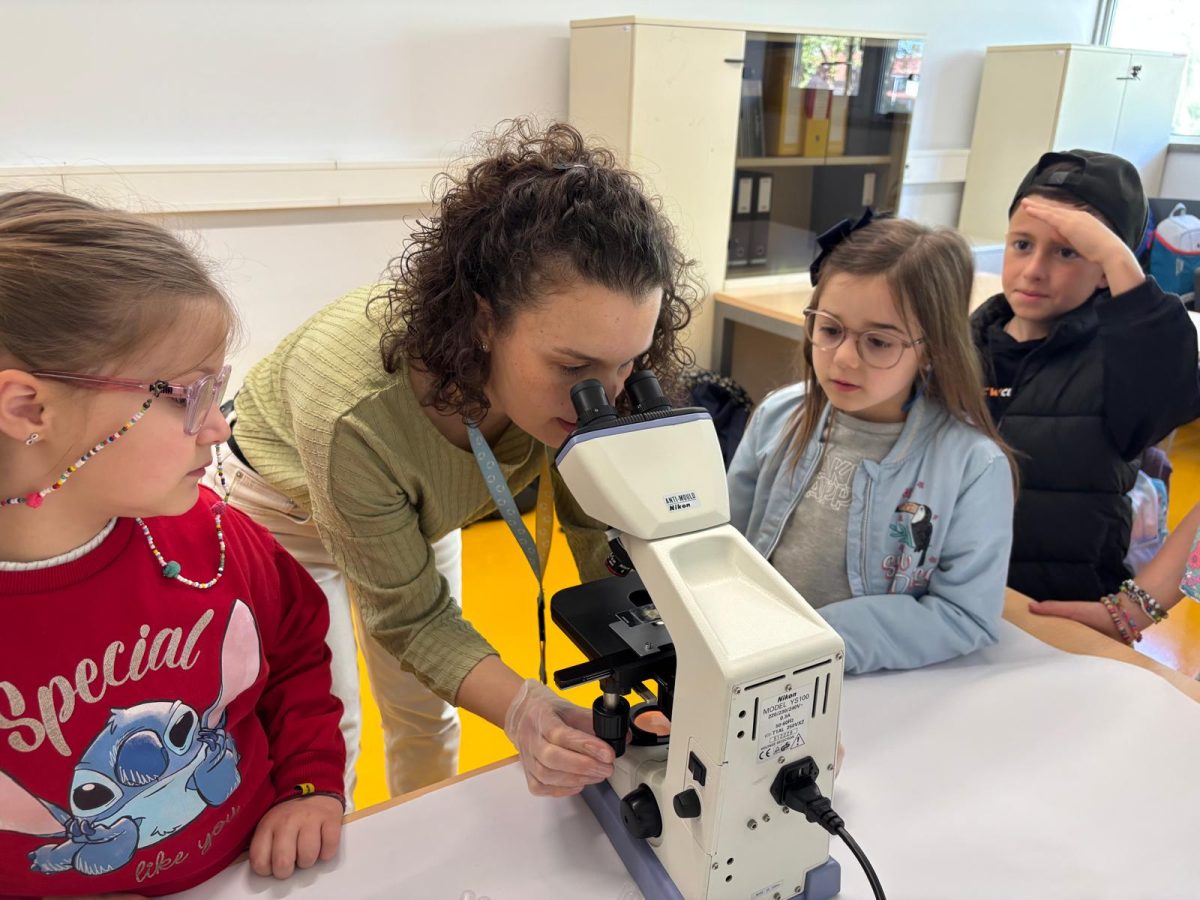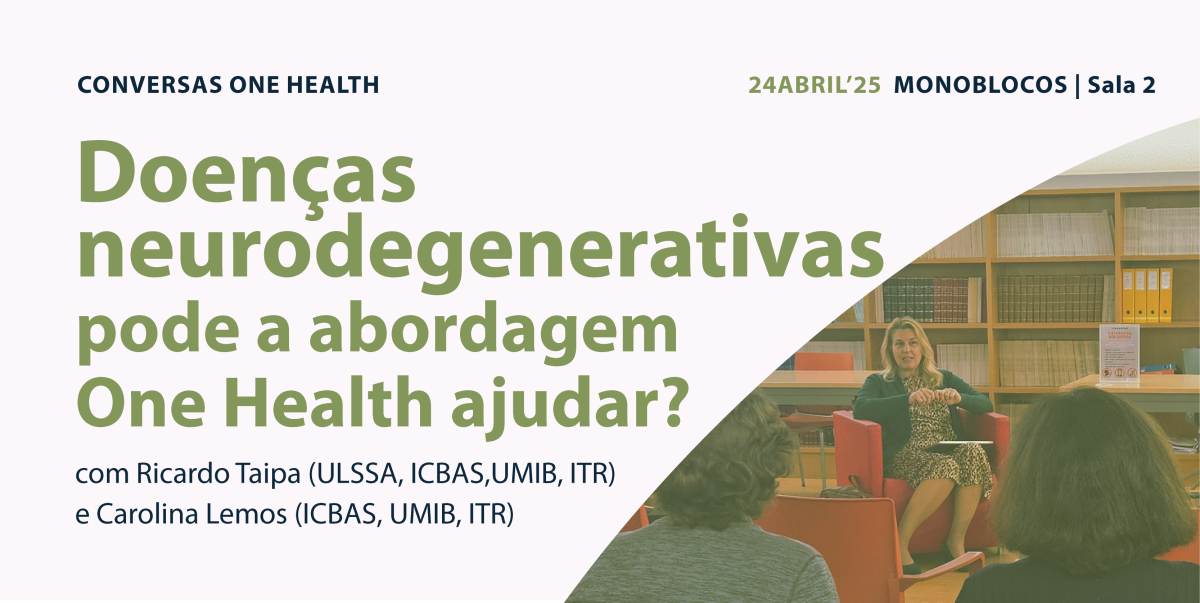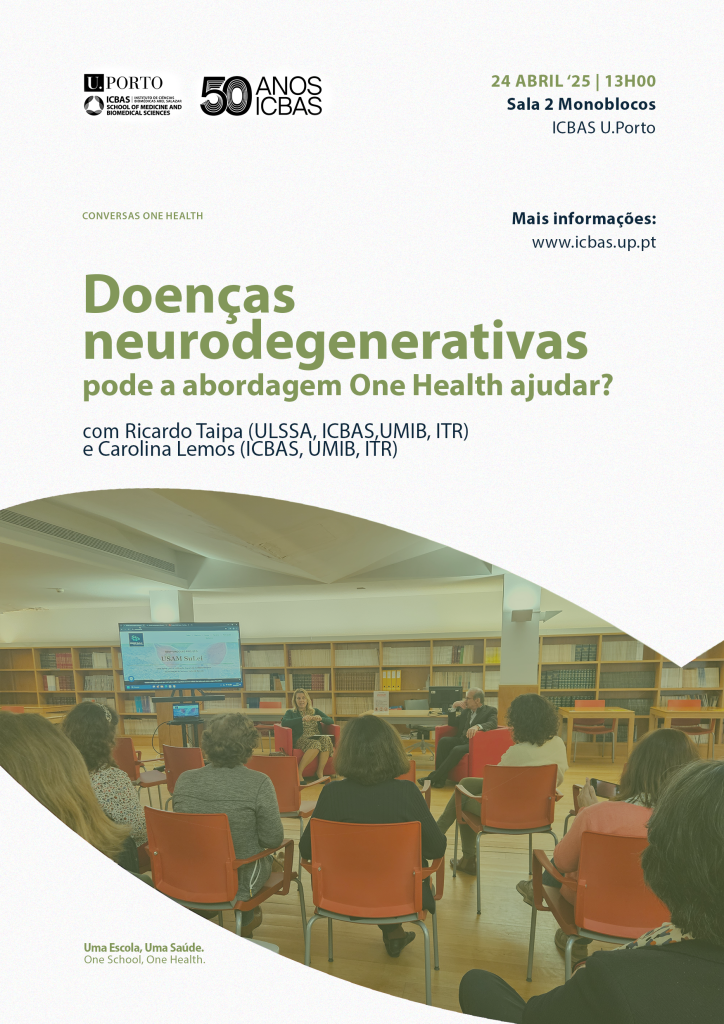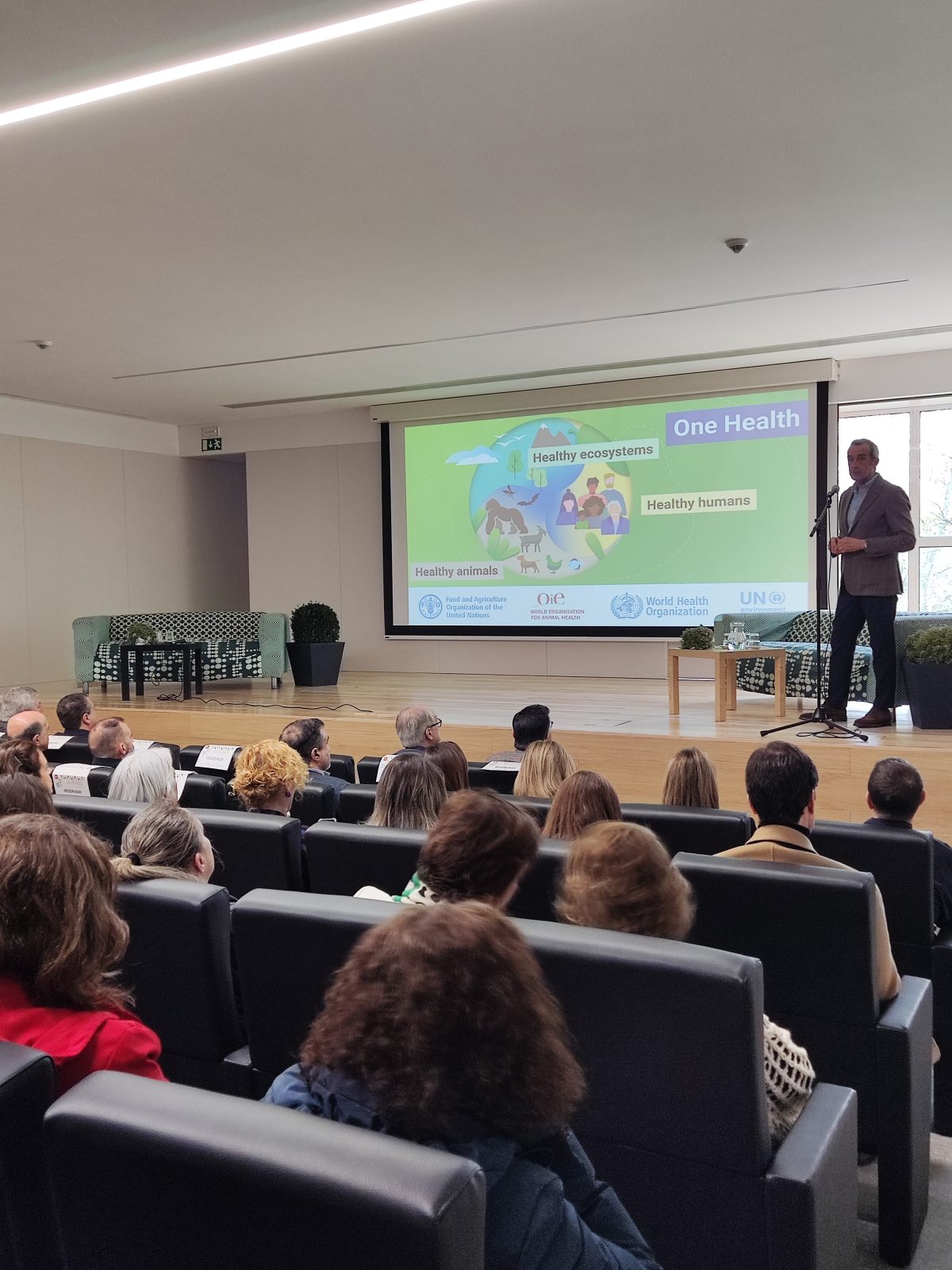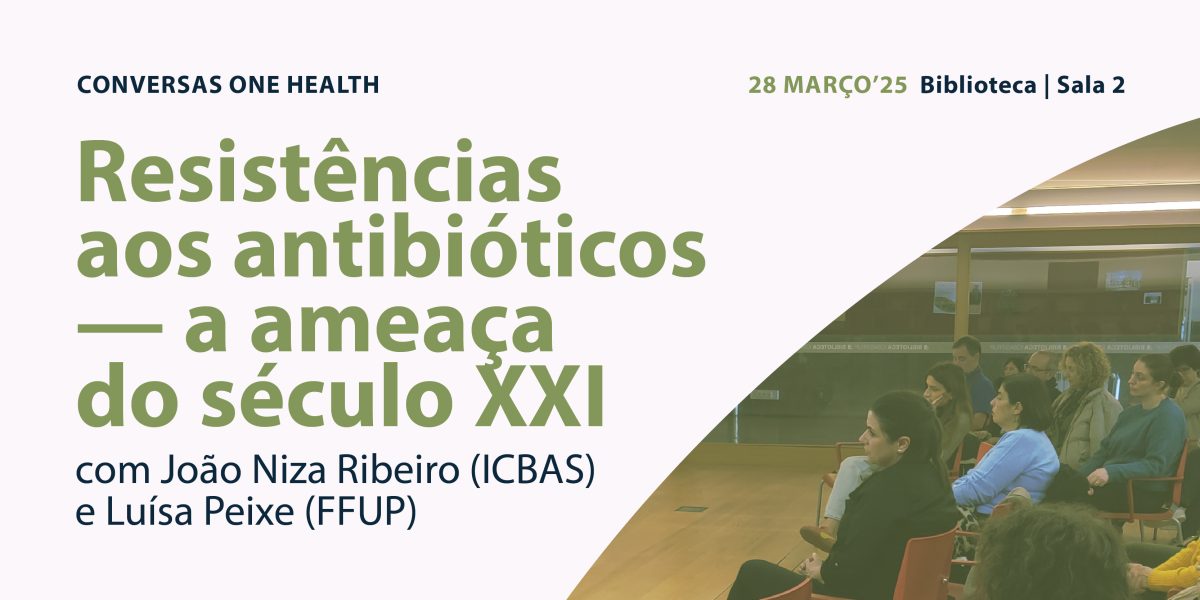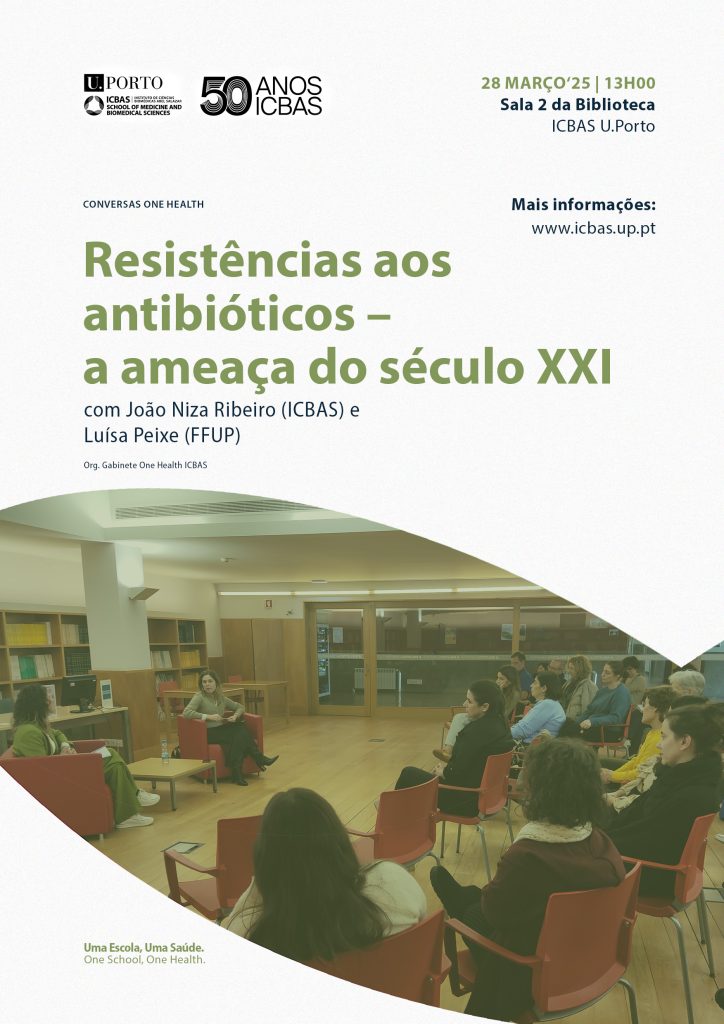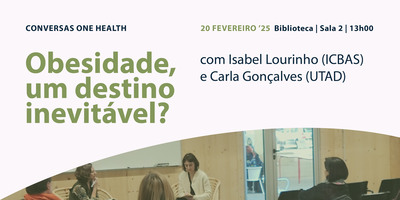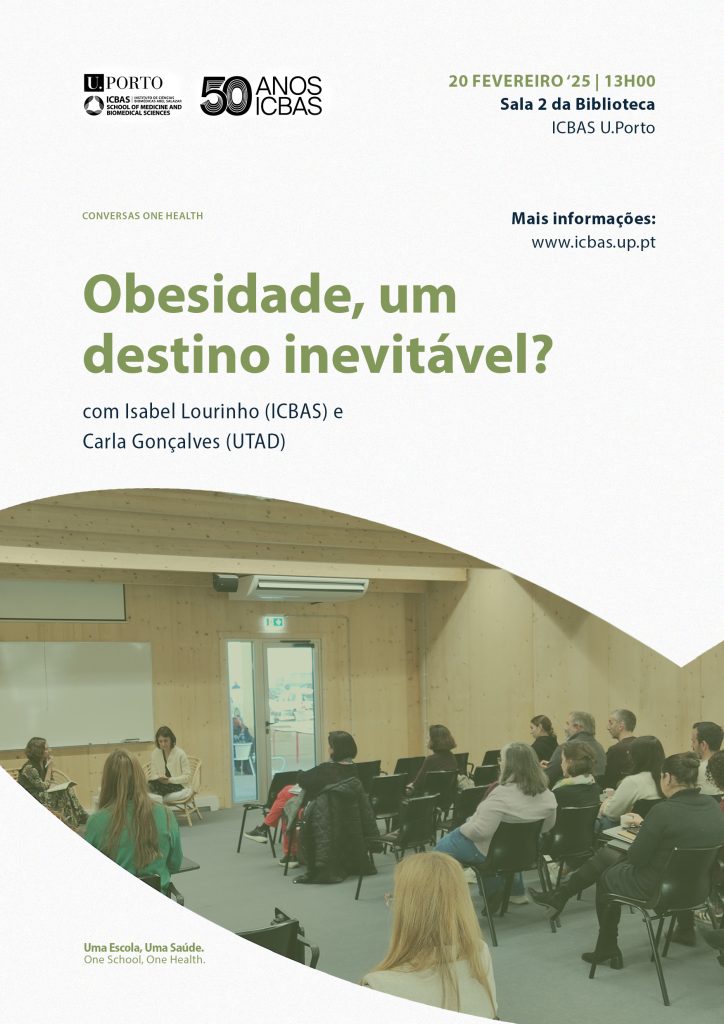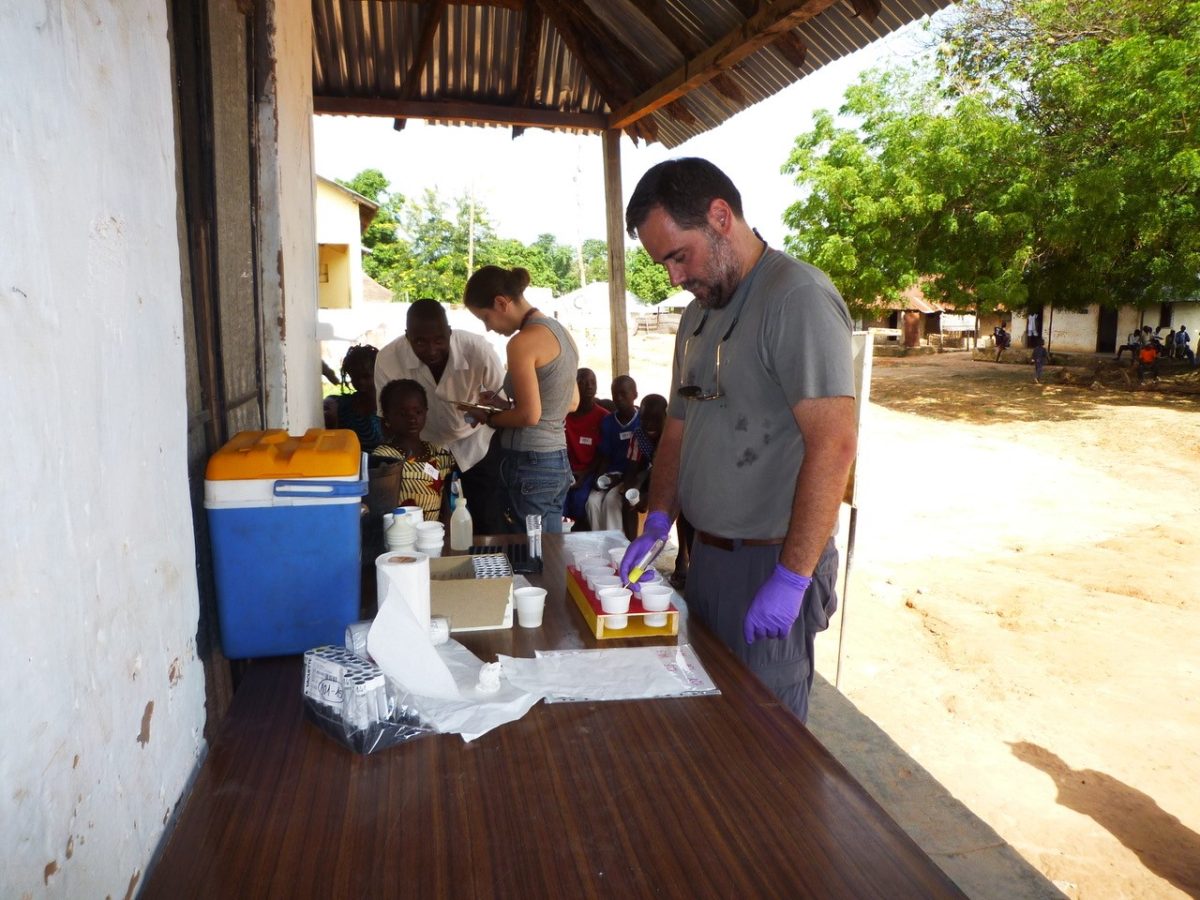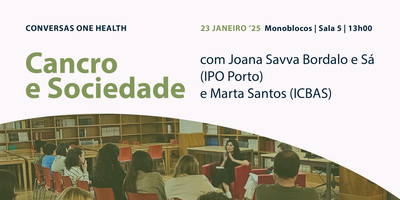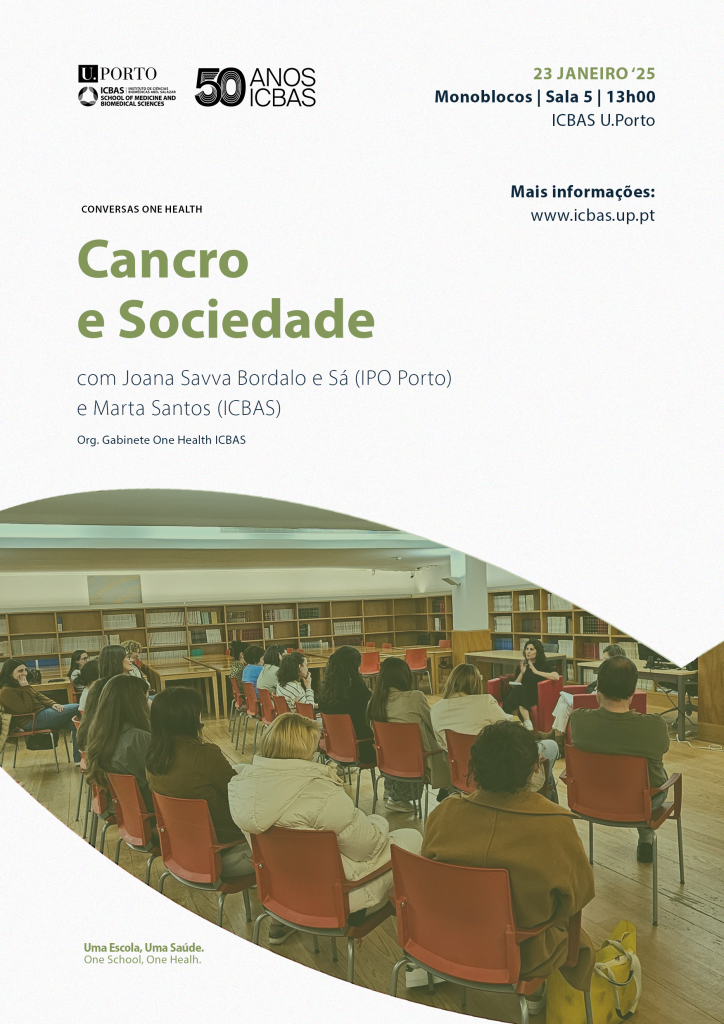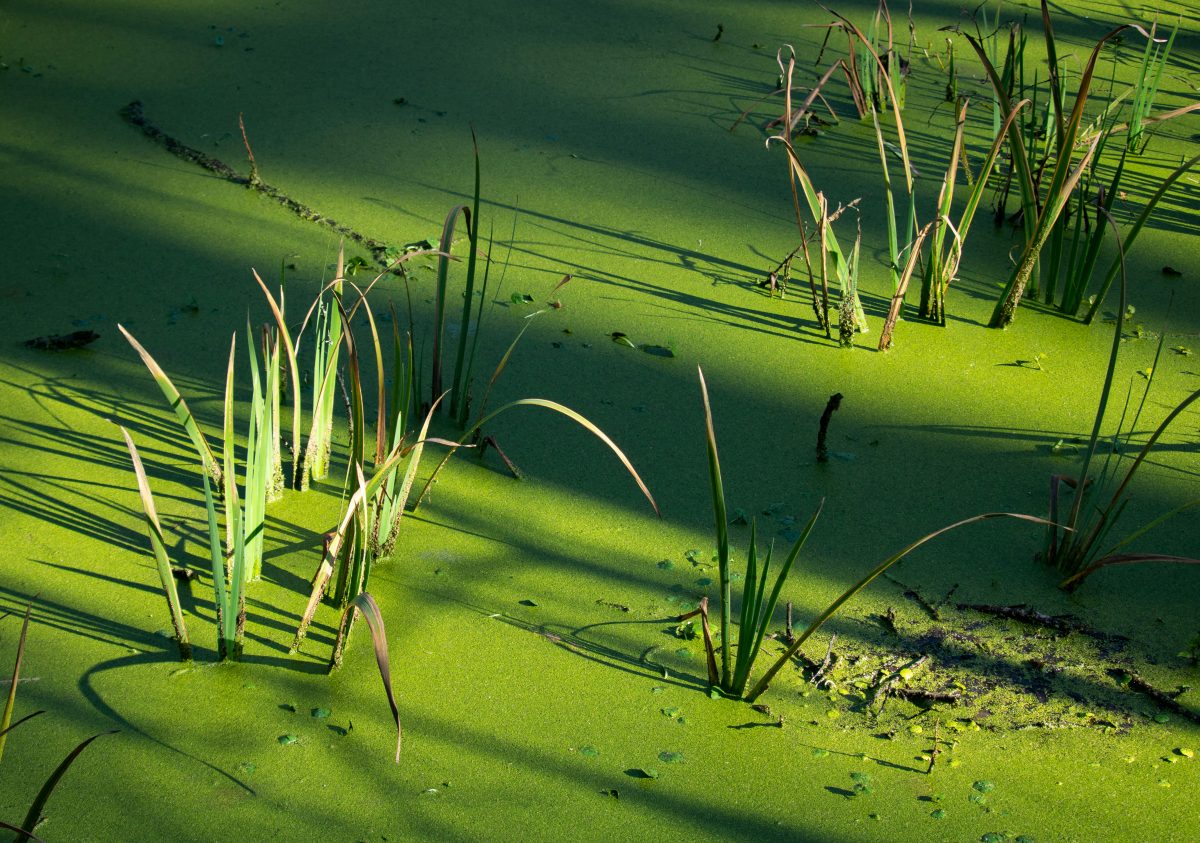A group of students from Marco Primary School in Vila Nova de Gaia recently visited the Instituto de Ciências Biomédicas Abel Salazar (ICBAS) of the University of Porto for an activity focused on the importance of water. This activity was part of the educational project “One Health in Schools” promoted by the ICBAS One Health Office.
The initiative included a visit to the ICBAS Aquatic Organisms Facility and the Laboratory of Hydrobiology and Ecology, microscopic analysis of planktonic organisms found in water, and a visit to the Crystal Palace Gardens to observe aquatic ecosystems and biological indicators of environmental quality.
Read the full article here.
Source: Notícias UP; Image: ICBAS.


